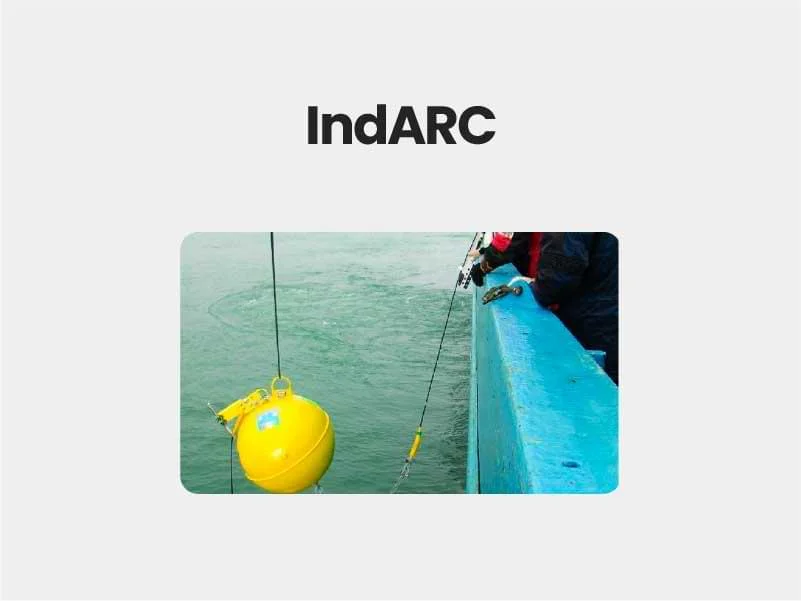
IndARC
IndARC is India’s first underwater moored observatory was deployed on 23 July 2014 at 78o 56′ N and 12o E in the inner Kongsfjorden where the depth is ~180 m. The Ministry of Earth Sciences evolved a unique moored observatory ‘IndARC’ with suite of sensors for Physico-chemical and oceanographic in situ long-term data collection.
- The Arctic Ocean plays an important role in governing the earth’s climate and also faithfully records its past climatic history and represents a significant gap in ocean observations.
- Half way between Norway (1100km away from Norway) and the North Pole at a depth of 192 metre.
Arctic:
- The Earth’s climate is already changing, and the changes are particularly marked in the Arctic. The Arctic is undergoing significant transformation as a result of climate change and increased human use including marine transportation, tourism and resource development.
- The highly uncertain sensitivity of the carbon cycle of the Arctic to the projected climate change is a major issue of global concern.
- Arctic has been a sink for atmospheric CO2. The impacts of climate change in the Arctic will be felt throughout the world because changes in physical processes here influence the climate on a global scale.
- Processes of change in the Arctic can therefore provide a unique insight into the climate change that is already taking place and also act as a forewarning of the future regional and global impacts of these changes.
Challenges:
- The region is not well covered by satellites, and heavy cloud cover often limits their use.
- Knowledge gap.
- The lack of long-term, multidisciplinary inter-annual data spanning both the summer and ice-covered winter seasons.
The data provided by IndARC helps to understand the Arctic processes and their influence on the Indian monsoon system through climate modelling studies; and the response of the Arctic to climatic variability.

